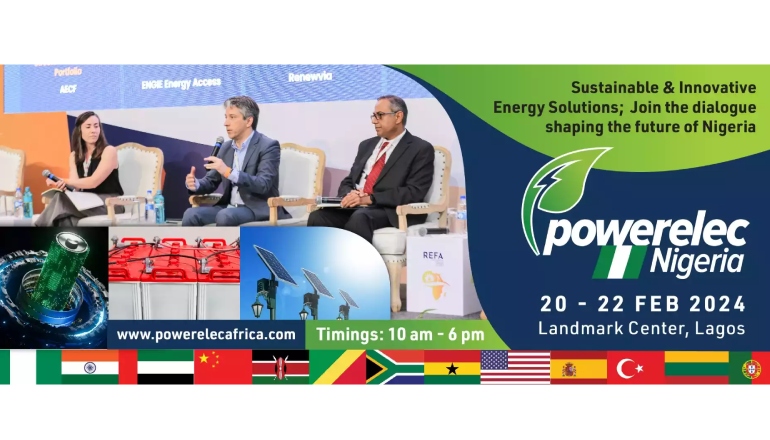Any progressive country in the world needs energy support to move forward. The largest economy in Africa, Nigeria, is no different. For a growing country, its energy sector should grow at double the pace of the economy. To support economic growth, the country has made tremendous progress in energy capacity addition, including renewable energy.
The Nigerian government’s Vision 2030 shows its determination to grow. It has set an ambitious capacity addition of 30,000 MW by 2030. Of which 30% will be from renewable energy (RE). The country has also set its target to be net zero by 2060. This means an energy transition that will be led by renewables such as solar and wind power.
Capacity addition in generation alone will not be sufficient, it should have a dynamic transmission and distribution network as well.
The government has rolled out plans for a dynamic grid for renewable integration. This grid will comprise 197 GW of grid-connected solar, 11 GW of hydropower, 10 GW of gas, 34 GW of hydrogen, 6 GW of biomass, and about 90 GW of energy storage capacity by 2050.
However, there are gaps and challenges which require focus and solutions. The best way to address the gaps is to bring all the stakeholders under one roof to understand, engage, transfer, and learn from each other. That is the aim of PowerElec Nigeria 2024, a high-powered exhibition-cum-conference.
The high-quality conference titled: “Vision to Action: Pioneering Sustainable Power Solutions for Economic Growth in Africa” not only aligns with the Vision 2030 of the Nigerian government but will also engage brighter minds from the cross-section.
The Hon’ble Federal Minister of Power, Government of Nigeria, H.E Chief Adebayo Adekola Adelabu will honor the event with his inaugural keynote.
Organized by Verifair, Dubai, and the Africa Solar Industry Association (AFSIA), the event will be held from February 20–22, 2024, at the Landmark Centre, Lagos. This platform is designed to bring together the entire value chain, connect stakeholders, foster collaboration, and drive solutions. More than 125 international companies will showcase their capabilities. Dedicated country pavilions will also offer delegates opportunities to discuss business dynamics and expansion opportunities.
The event will be graced by industry stalwarts like Prof. Dr Olawale OE AJIBOLA, PhD, REngr, FSEA, FIOGR, Director, National Centre for Energy Efficiency and Conservation (The Energy Commission of Nigeria), Dr. Tinuade Sanda, Managing Director & Chief Executive Officer, EKO DISCO, Arsh Sharma, Senior Energy Specialist, The World Bank, Mahmud Kura, Managing Director, JOS DISCO, Nigeria, and Edu Okeke, MD, Azura Power West Africa Limited.

